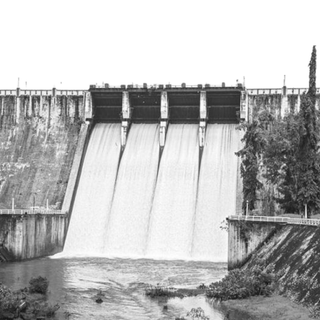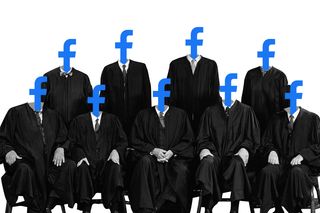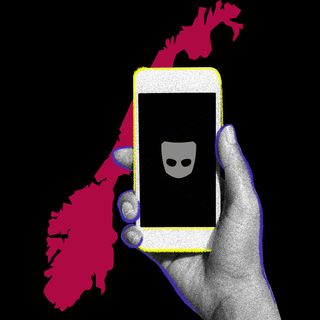In October 2020, Facebook created an Oversight Board, dubbed the tech company’s ‘Supreme Court,’ that welcomed user appeals of posts the company had removed. The board was given complete authority to overrule Facebook, including CEO Mark Zuckerberg, if it determined Facebook’s censorship actions were wrong. Now, in its first set of decisions since inception, the platform’s ‘Supreme Court’ has reversed four out of five posts banned by Facebook and is requiring Facebook to restore the posts within seven days.
The Oversight Board, convened in the wake of the chaotic 2020 U.S. presidential election, consists of a 20-member committee that includes a Nobel Peace Prize laureate, a former Prime Minister of Denmark, and a former editor-in-chief of The Guardian. The aim of the board is to serve as an unbiased, independent body that can keep Facebook’s censorship actions in check, while also forcing the company to tighten regulations on what kind of content is and isn’t allowed on its social media platforms.
In the current set of decisions, the board overturned Facebook’s decision for four out of five posts primarily because the decision to take those posts down did not entertain the context around them. One post, involving a user from France criticizing the government for hiding a “cure” for Covid19 was taken down by Facebook because it could amplify Covid19 misinformation and lead to imminent harm. In overturning the decision, the board said, “Facebook had not demonstrated the post would rise to the level of imminent harm, as required by its own rule in the Community Standards,” while asking the company to tighten what it thinks constitutes misinformation.
Related on The Swaddle:
What Would Happen if Facebook Failed? ‘Catastrophic’ Consequences, Says Oxford Report
Another post involved a quote from Nazi official Joseph Goebbels, which Facebook took down because he falls within the company’s list of “dangerous individuals.” Taking into consideration the context of the post, the board determined the post was actually a criticism of Goebbels, and not an endorsement of his attitudes. Another post dealt with pejorative comments directed at Muslims in Myanmar, implying they were psychologically inferior, which Facebook took down for falling under hate speech; the board, on the other hand, admitted the post was antagonistic but determined it didn’t “advocate hatred or intentionally incite any form of imminent harm.”
The board, which oversees Instagram too, also addressed public nudity on the platform, overturning the ban on a photo that advocated for breast cancer awareness. The photo was initially banned because it showed women’s nipples, which violated Facebook’s nudity policy — that is, until taken into context for its purpose.
The only case the Oversight Board upheld Facebook’s decision to remove a hate speech post that used a slur against Azerbaijani people, stating the intent of the post was clearly to “dehumanise” them.
While it’s unclear how far the board will succeed in checking and supervising Facebook’s actions, it is currently advising the company to be more transparent about its content removal policies, and further clarify how it views misinformation, hate speech, and other posts that violate Facebook’s content standards. In the meantime, the board is moving toward a high-profile decision in the near future: determining whether Facebook’s indefinite suspension of former U.S. President Donald Trump’s accounts was right or wrong.
As the board turns to its next batch of cases, amid Facebook’s repeated assurances that it will abide by what the board decides, two questions, as iterated by Harvard Law School lecturer Evelyn Douek to NPR, remain — “how seriously will Facebook take those recommendations and how openly will it engage with what the board said?”




